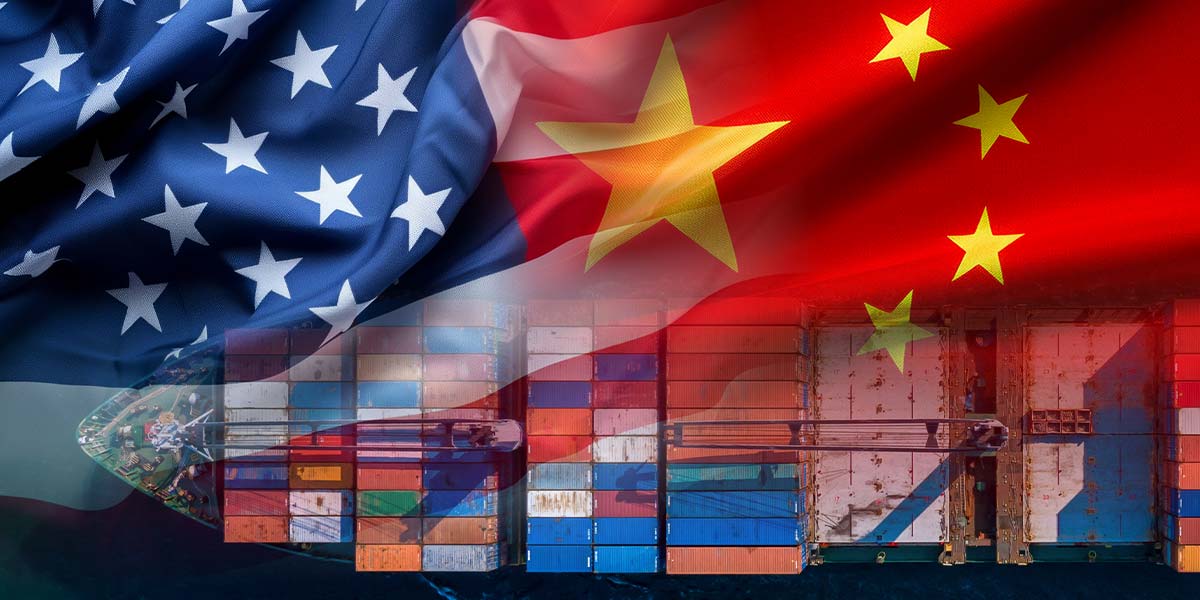China’s exporters, still reeling from the scars of an ongoing trade war with the United States, are moving decisively to diversify away from America, according to a new survey by trade insurer Allianz Trade.
The poll, which canvassed 4,500 exporters across major economies, reveals that 95% of Chinese respondents are planning to ramp up or have already increased sales to markets beyond the US, a clear signal that China’s “decoupling” from the US is gaining pace.
Despite temporary tariff relief after a recent US-China deal reached in Switzerland, the effective US tariff rate on Chinese products remains sharply elevated, standing at 39% compared with 13% prior to the escalation of trade tensions during the second Trump administration, Allianz estimates.
This sustained tariff premium is taking a toll, with a growing number of Chinese companies expecting lower export turnover this year.
During the short-term reprieve, exporters have attempted to accelerate shipments to the United States, leading to a spike in freight rates as suppliers front-load orders to beat the expiry of the 90-day grace window. However, many in China’s export hubs remain unconvinced that recent detente signals a lasting resolution.
Southeast Asia has emerged as the leading destination for firms seeking to build new production lines offshore. Focus areas include Indonesia, viewed favorably by companies exploring factory relocation, while Vietnam draws a more cautious appraisal amid persistent concerns over rising operational costs—though its skilled labor pool remains attractive.
The report, citing comments from Tianchen Xu, senior economist at the Economist Intelligence Unit, underscores the growing momentum behind China’s “go-global” agenda in response to US decoupling.
Meanwhile, momentum in Washington’s trade talks appears selective. Fresh agreements with China and the UK stand in contrast with stalled progress with other established trading partners.
The broader consequences of this rift are severe. Allianz Trade forecasts global exporters will collectively lose $305 billion in sales this year due to the proliferation of international trade conflicts. This comes as world trade reached a record $33 trillion last year, according to the United Nations Trade and Development.





